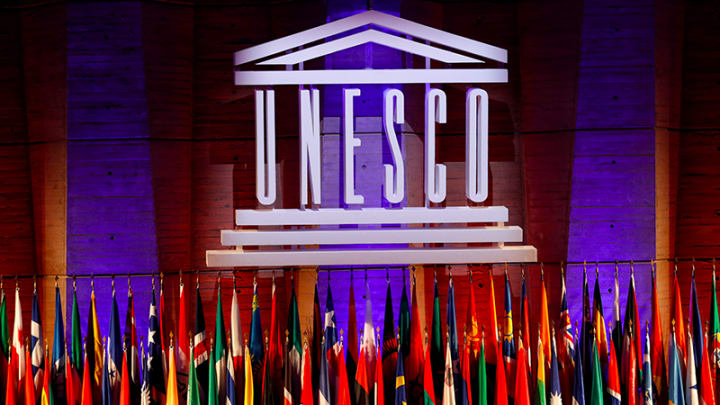Crisis can strike anywhere at any time, and the first thing that gets affected in such chaos is the education system of the region. This is because, during an emergency, education is the last thing on an individual’s mind. This is being observed in the war-torn country of Ukraine as the people flee and continue getting displaced, the education system of the country starts to fall apart with the absence of both – students as well as teachers. This was also observed across the globe as the world was struggling to contain the damage caused by the COVID-19 pandemic in the last couple of years.
Addressing the impact of the crisis on education, UNESCO has released its Global Education Monitoring (GEM) Report which says, the education system in all the countries must have plans to prepare, respond and recover from such emergencies.
What is the Global Education Monitoring (GEM) Report?
The Global Education Monitoring Report (GEM Report) is developed by an independent team and published by UNESCO. It has the official mandate of monitoring progress in meeting the Sustainable Development Goal on education. The recent report is released amid a fierce Russian military offensive in Ukraine.
Key Suggestions of the Report:
Preparedness of Teachers
The report has said that teachers need to be equipped to teach in increasingly challenging conditions such as damaged facilities or overcrowded classrooms and to be able to differentiate pedagogy to adapt to learners from education systems that use other curricula and languages.
“The unfolding events in Ukraine are a stark reminder that crises can strike anytime, anywhere. In addition, other ongoing crises such as COVID-19, various conflicts and disasters across the globe, including those due to climate change, are all threatening education continuity and quality “especially for those displaced.” it said.
Inclusion of Displaced Children and Refugees in Education Systems
The report has pointed out in 2021, the UN Refugee Agency reported that more than 84 million people were forcibly displaced globally. In 2022, this figure is set to rise, as more than 1.5 million children have already fled Ukraine.
“Education systems are often under-prepared in the face of crises“ whether in terms of welcoming the sudden arrival of refugee children, protecting the safety of learners and teachers, or having to quickly shift to remote learning,” it said.
“All countries must have plans to prepare for, respond to, and recover from crises, which are lacking in many countries and hence it makes already chaotic situations more complicated and leaves frontline actors with limited guidance and tools to respond effectively,” it added.
Aid for Teachers Impacted by Crisis
The report has also highlighted the importance of providing necessary aid to teachers that are impacted by the crisis. It said, “As illustrated by COVID-19, teachers who are themselves affected by the crisis, often act as critical agents of support to colleagues and students alike. They can foster a sense of safety and normalcy while supporting families and communities with important information. Their support to learners is essential but teachers can only tap into this role if their needs are first addressed.”
According to the report, since teachers are impacted by crises in various ways, they also need to receive adequate psychosocial, material, and financial support to play the supportive role that learners need.
“Applying an emergency and crisis-sensitive lens in the development and implementation of national teacher policies is essential to ensure that teachers can act as critical agents of support and protection to ensure that quality, inclusive education continues and to promote social cohesion and resilience.
“This involves anticipating and addressing challenges of recruitment, deployment, retention, and training, while also ensuring teacher well-being, job security, and safe and enabling working conditions,” the report said.
“Teacher policies that consider the implications of the crisis on the profession can contribute to a motivated, quality workforce. Such policies are key to ensure that teachers are not just supported and protected but are also prepared to provide vulnerable children with safe learning spaces and quality education, and thus protecting this fundamental right for all,” it added.

